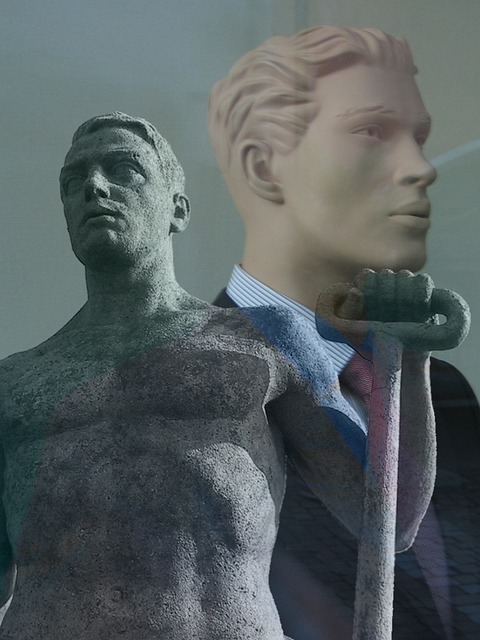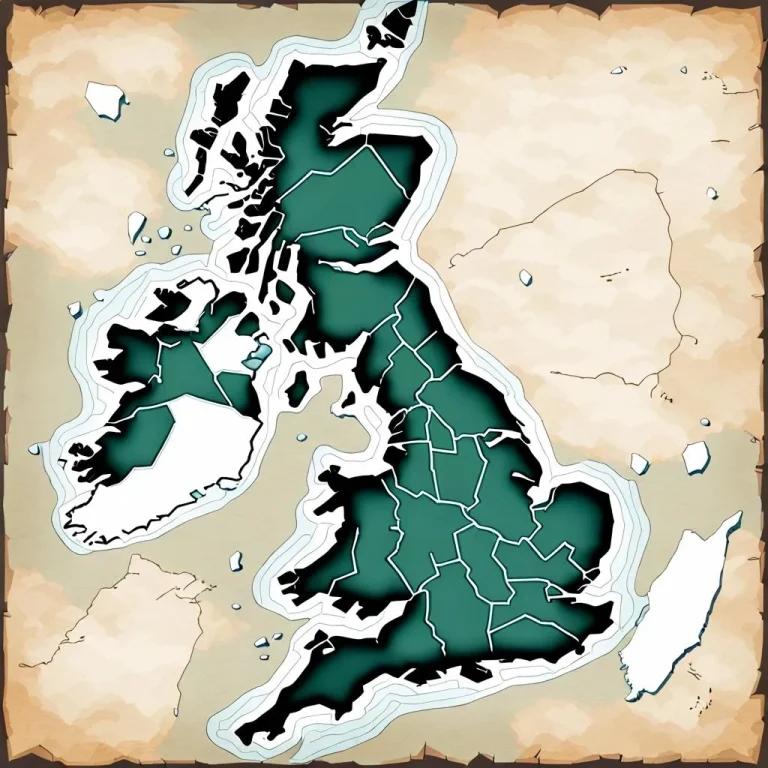
What is the difference between a want and a need? Is it possible to live without any wants? How has technology affected our wants and needs? These are just a few questions that arise when we start thinking about the role that wants and needs play in our lives, but let’s put that in the back of the cupboard for now.
Let’s first begin by briefly touching on two crucial terms in economics, what we call a needs, is something that must be had for survival. In contrast to needs there are wants, which is something that people desire to have, that they may or may not be able to obtain—think luxury goods and services. When faced with limited resources, people will typically prioritize their needs over their wants, since meeting their basic needs is essential for survival.
So picture this, imagine waking up before dawn, your hands already calloused and your back aching from yesterday’s work. You step outside your humble abode and gaze upon the vast expanse of your land, your only source of sustenance. From sunrise to sunset, your life revolves around laboriously tilling the soil, planting seeds, and harvesting crops. Your ancestors and their ancestors did the same, day in and day out, just to secure the basic needs of food, water, and shelter.
Since human beings first appeared on this planet, securing basic needs like food, water, and shelter have been a fundamental drive for the survival of both individuals and societies. From the early days huge segments of our ancestor’s time was spent preoccupied with labouring for a sustainable source of food and water which had to provide them with more energy than they expended. In the physiological sense, no action is free of the cost of energy. Any meaningful or emotional activity is dependent on the expenditure of energy, it cannot exist independent of that process. We worked to secure the basics that much is true, but we also struggled to minimise the sweat and toil in getting those needs. We sought to find a way to produce more food with less effort, freeing up time for other pursuits and the solution to that led to the development of new technologies, tools, and techniques that make it easier and more efficient to obtain food, water, shelter, and other necessities.
Back in preindustrial times, like in ancient Greece, the majority of people were labouring for their needs, food, water, clothing, shelter, tool making e.g. There were of course wants, luxuries like olive oil and wine, but needs must be taken care of first before labour can work towards luxuries. Fast forward to the industrial revolution, where new machines and technologies revolutionized the way goods were produced. No longer were people confined to manual labour, as machines like the cotton gin and steam engine made it possible to produce goods more efficiently and with less physical labour.
In modern times, our needs have largely been met, at least in developed countries, and our wants have expanded to include a wide variety of goods and services that were once considered luxuries. We now have access to a seemingly endless array of products and experiences, from smartphones and designer clothing to exotic vacations and gourmet meals. Needs are constant, but wants are variable. I don’t care what era of human history we are in, food, water, shelter, and healthcare have always been vital requirements for the continuation of human existence. Wants, being objects of recreational play, vary from historical epoch, culture and technological development.
However, the question of what it means to live a good life remains as relevant as ever. At the heart of the concept of wants and needs lies the question of what it means to live a good life. Philosophers have long debated the nature of the good life, and have put forth various theories and ideas about what constitutes a fulfilling and meaningful existence.
We should ponder on this, do animals have wants? We know that they definitely have needs because they are required to survive. The needs of the animal are survival and reproduction, they seek food, water, shelter and mates. But they don’t seem to have wants, the concept of wants seems to be uniquely human, as it reflects our ability to think beyond our immediate survival needs and to pursue goals and desires that may not be strictly necessary for our survival.
Philosophically speaking, wants and needs can be viewed as a manifestation of our desires, preferences, and values. Our wants and needs are not merely a reflection of our biological or physiological requirements, but are also shaped by our social and cultural contexts, as well as our individual beliefs and experiences—in short the sum total of nature and nurture.
So are our wants determined by our culture and upbringing? They certainly are! Any desire for a brand new smartphone in feudal Europe would’ve been entirely absent and the concept of owning a smartphone would have been inconceivable. Even in modern times, smartphones are a relatively recent development that was not present over three decades ago. This simple example highlights the role that culture and technology play in shaping our wants. As cultures evolve and new technologies emerge, our desires and expectations also shift accordingly. What may have been considered a luxury or unnecessary want in one historical period or cultural context may become a basic want in another.
Some philosophers argue that true happiness comes from living a simple life and satisfying our basic needs, while others contend that pursuing our desires and passions is essential for a fulfilling life. The former is well covered on our website, look no further than the stoics. The Stoics believed in adopting a simple life with living by contentment from satisfying our basic needs, while limiting our desires and wants. They believed that happiness could be achieved through the practice of self-control and the acceptance of what cannot be controlled. This means that true happiness comes from within and not from external factors.
When we satisfy a want, we may also find that the initial pleasure it bring us fades, and we are left searching for new wants and needs new to fulfil. This cycle can lead to a sense of emptiness or dissatisfaction, as we constantly strive for more without finding lasting fulfilment. This ‘pessimistic’ viewpoint is characteristic of none other than Arthur Schopenhauer, of which my article (click here) covers in more depth.
Regardless, the concept of wants and needs is deeply ingrained in our lives, and it affects how we make decisions and navigate our existence. In today’s capitalist consumer culture, we are bombarded with messages about what we need to buy to be happy, which can obscure the distinction between wants and needs. However, we need not be like the masses, by exploring the philosophies and spiritual practices that have long explored the nature of the good life, we can gain a deeper understanding of our own desires and values. In good old existentialist fashion, it is up to each of us to determine whether we will seek fulfilment through consumer culture or a more contemplative approach, and to recognize the impact of our choices on our well-being and happiness, and strive to make choices that align with our authentic selves.

